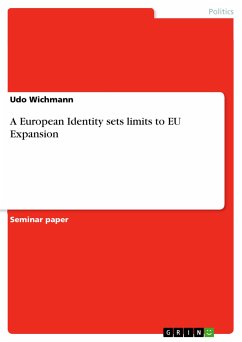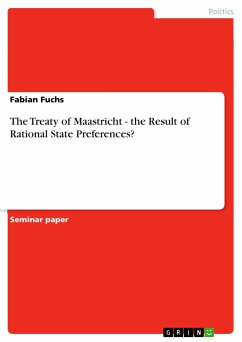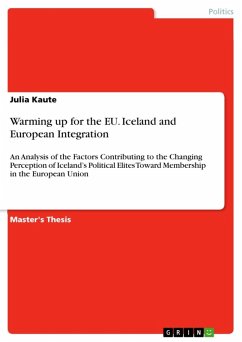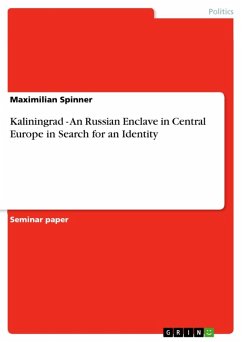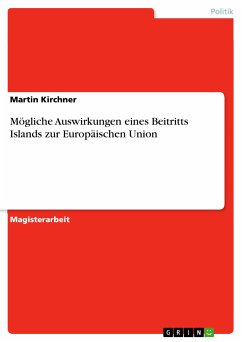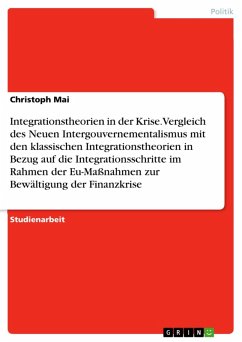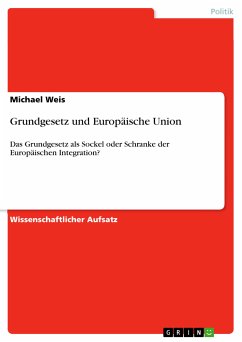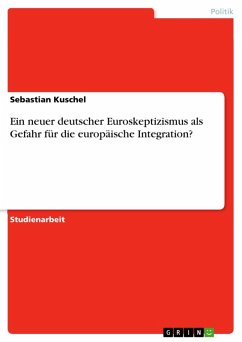Seminar paper from the year 2009 in the subject Politics - Topic: European Union, grade: 1,7, University of Marburg, language: English, abstract: The French philosopher Rémi Brague says that the European identity obtains its specific character directly and indirectly from the Christian religion, because Europe was formed through the Christianity . In addition to that, Samuel Huntington utters that religion is the central size for the delimitation of the different culture rooms and serves him for the de-finition of the limits of Europe . Nevertheless, Wolfgang Burgdorf says that the Christianity is not a reference point for an identity concept because the Islam and the Christianity contains many anti-enlightenment characteristics. Furthermore from a historical point of view, you have to consider flexible, territorial limits of Europe from which you cannot derive any territorial limit of Europe . The present member countries of the EU are in a Christian tradition line. The statement, whether countries, which are in the tradition line of another world religion, cannot be-come a member of the EU, is normative. The fact that for example Turkey isn't a Christian country isn't a reason to itself yet not to include them in the EU, because the religious freedom of the citizens is guaranteed by the EU and the freedom to be a Muslim is just included, too. The German historian Hans Ul-rich Wehler negates the statement, because from his point of view Turkey isn't a part of Europe concerning the geographical, historical, cultural and religious mentality . Who decides, whether the Christian values take a role within the EU? Do the Christian values have to be taken into account if you want to define a European identity? Which criteria have to be met regarding the limits of the EU? And how does the discussion show itself at a federal political level? At first, I will discuss these questions before I work out, whether a European identity of the EU expansion sets limits.
Dieser Download kann aus rechtlichen Gründen nur mit Rechnungsadresse in A, B, BG, CY, CZ, D, DK, EW, E, FIN, F, GR, HR, H, IRL, I, LT, L, LR, M, NL, PL, P, R, S, SLO, SK ausgeliefert werden.

